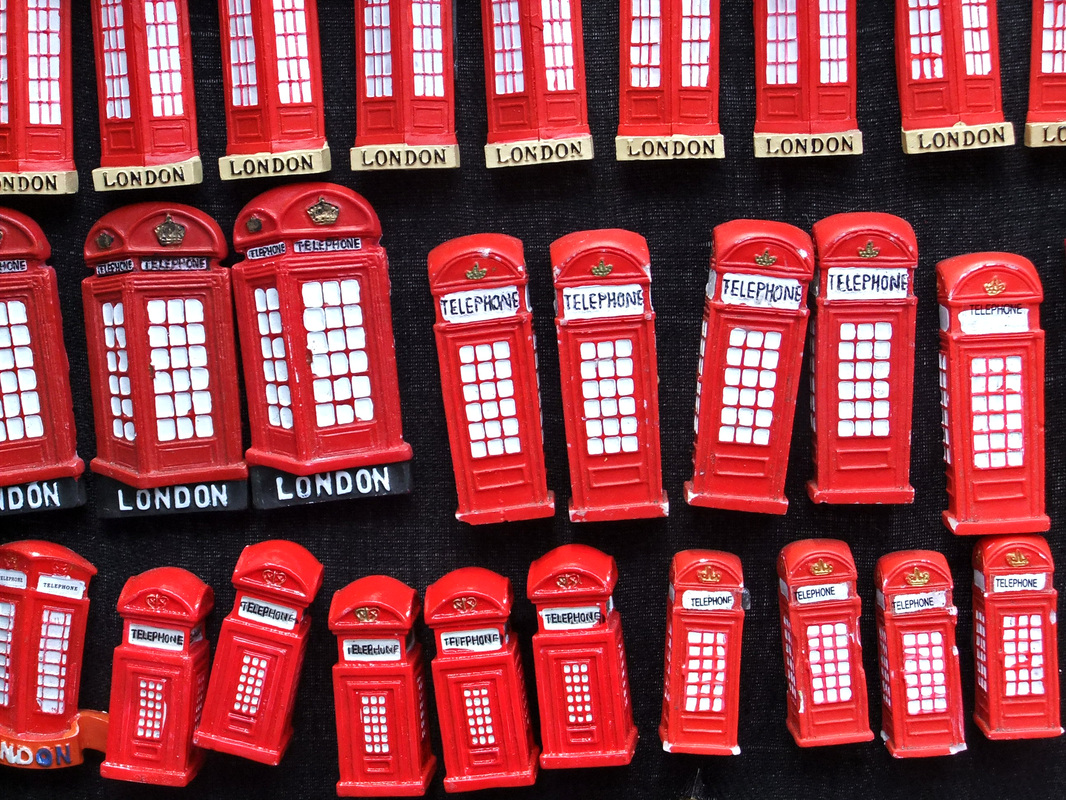I really enjoyed walking and talking to you last Wednesday from Barnes to Fulham Palace. It is such a pretty walk so I hope you enjoyed it too.
Here is some of the new vocabulary that arose during the walk. I hope it is useful! If I've missed any, please do add it to the blog.
Best Wishes
Gail
A bud (noun): The growth on a plant that develops into a flower or leaf.
E.g. Before a the flowers are out on a rose bush, we say it is ‘in bud’.
When all the flowers are out and we say they are ‘in bloom’.
To swing (verb): When something moves back and forth (backwards and forwards). It can be an object or a person. E.g. The girl swings her legs under the table. E.g. Tania swings on the rope.
A swing (noun): Usually found in a children’s play area in a park. A seat is fixed between ropes or chains and someone sits on it and swings backwards and forwards. E.g. Adrian is sitting on the swing.
A goose (noun). A large waterbird. It has a long neck, short legs and webbed feet and a short wide beak.
Geese (noun). Plural of ‘goose’.
To row (verb): When people sit in a boat and use oars (long wooden-shaped sticks with a flat end) to move the boat in the direction that they want to go. E.g. They rowed all the way from Putney to Barnes.
Oars (noun): We use these to row a boat. They are long and usually made of wood. The end is wide and flat and used to move in the water to direct the boat to where you want it to go.
Canoe (noun): a small, narrow boat with pointed ends. Paddles are used to steer it and make it go in the right direction.
Rowing boat (noun): A long, narrow boat that is steered with oars (see above). There is room for a team of eight to row together.
Referee (noun): An official person who watches a game (e.g. football, rugby etc). This person makes sure that the rules are kept properly and if not, they decide what happens next.
Earthquake (noun): When the ground suddenly shakes violently. It opens up and sometimes buildings or roads break and collapse.
An imposter (noun): When a person pretends to be something that they are not. Or pretends to be a person that they are not. E.g. Some people think that Paul McCartney is not really the real Paul McCartney! They say that the real one died many years ago and since then, an imposter has pretended to be him!
A crumb (noun) (plural = crumbs): Small fragments of bread, cakes or biscuits. We usually see them left on the plate after we have eaten. E.g. After David had finished his sandwich, he cleaned the crumbs from his plate.
To turn in your grave (idiom): When something has happened after someone’s death that would make them unhappy, we say that they would ‘turn in their grave’ if they knew. E.g. If Edward Rose knew that the money he gave to the church to provide roses on his grave wasn’t being used properly, he would turn in his grave!
A beak (bird) (noun): The pointed, hard sharp mouth on a bird is called ‘a beak’.
 RSS Feed
RSS Feed
